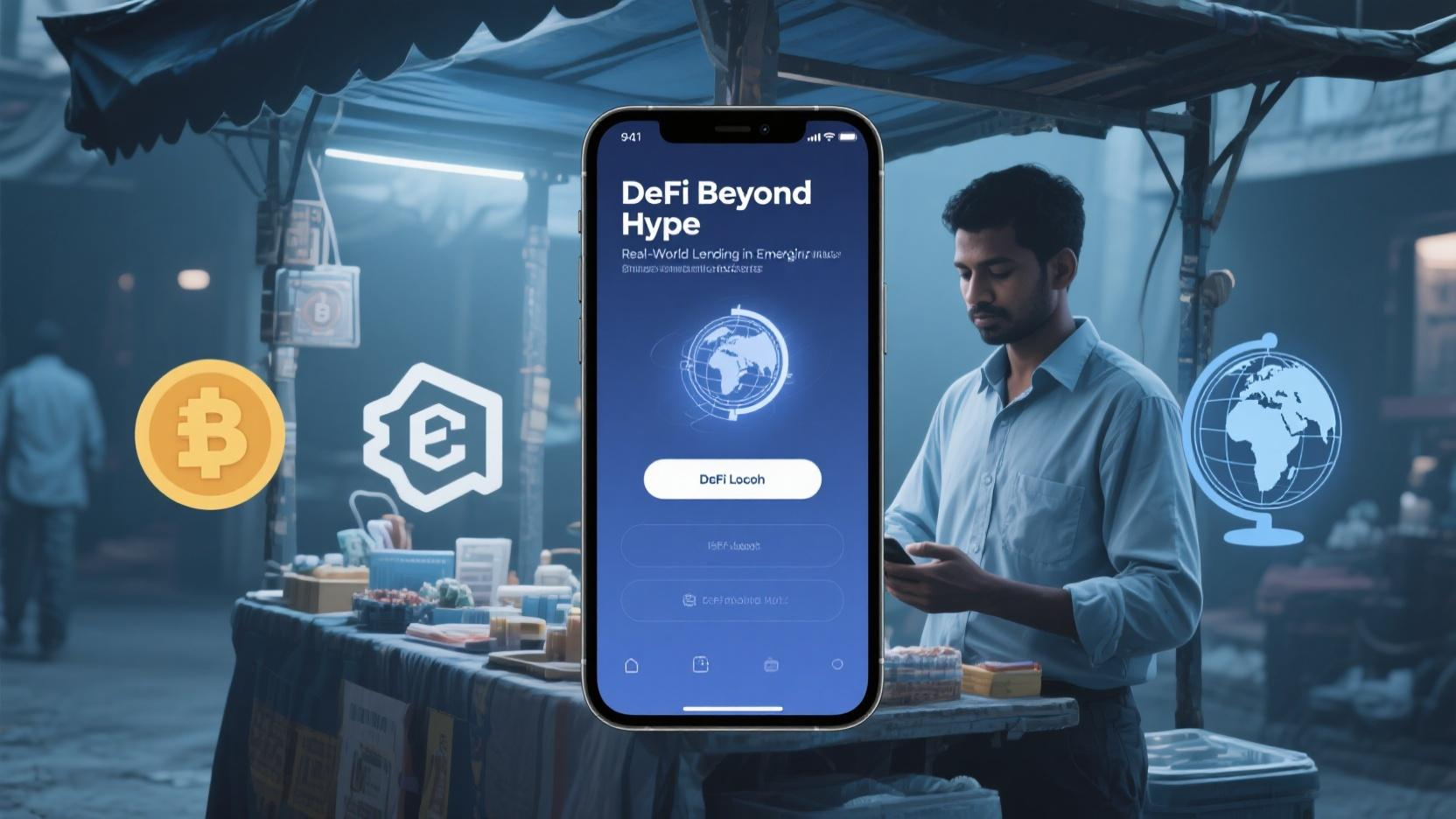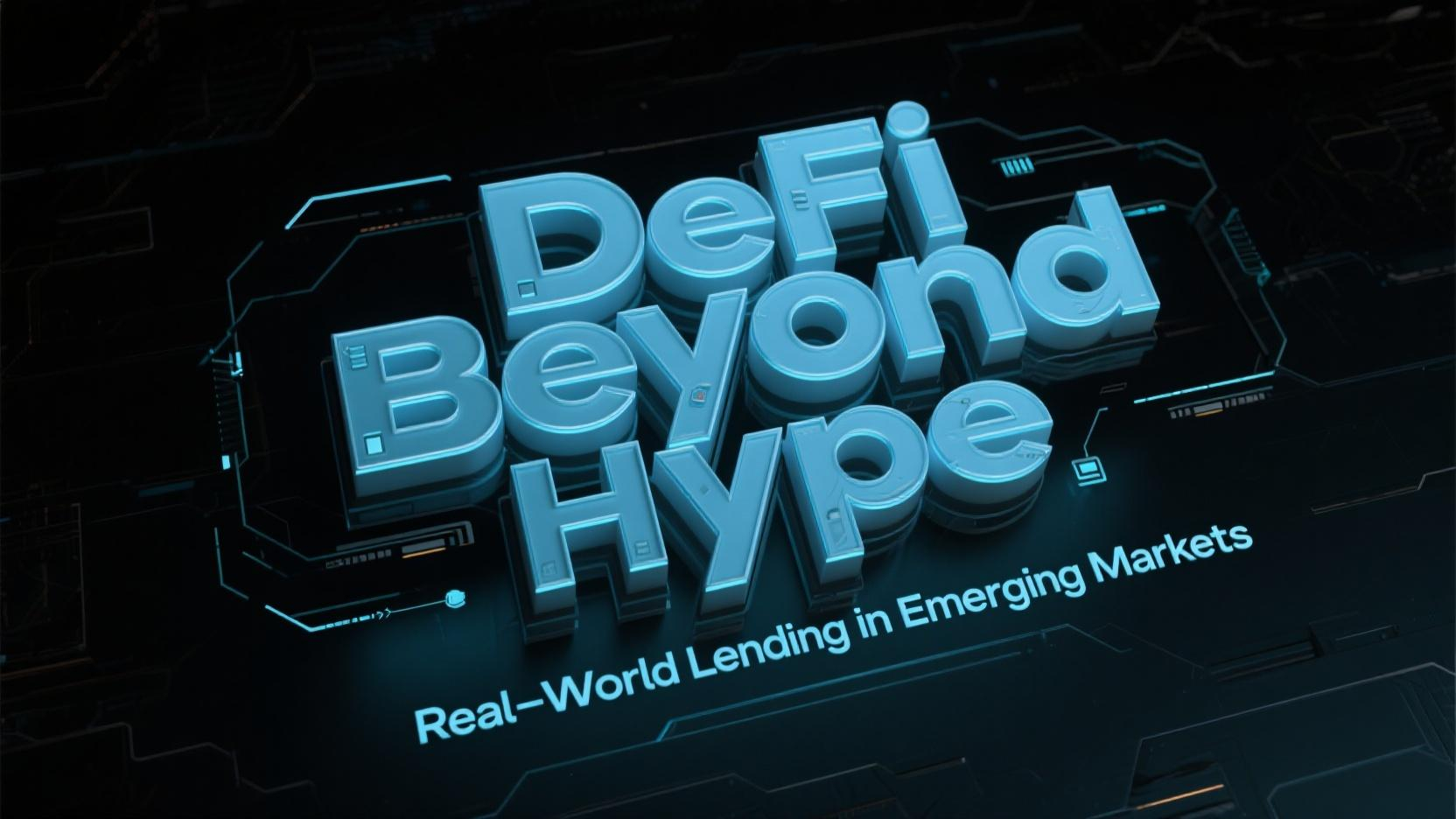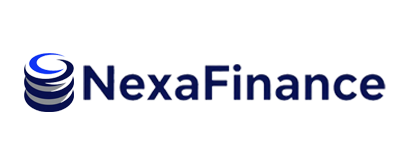How Blockchain Is Unlocking Credit Where Banks Cannot
While much of the DeFi conversation centers around yield farming and speculative trading, a quiet transformation is taking place in emerging markets, where decentralized lending platforms are starting to offer real financial utility.

Unbanked, But Not Unconnected
In countries like Nigeria, Kenya, and the Philippines, millions of small business owners operate outside traditional banking systems. Lacking credit scores and collateral, they are often locked out of formal lending. However, with a smartphone and a crypto wallet, these individuals are now accessing DeFi microloans through platforms like Goldfinch, Acre, or Maple Finance.
How It Works
Borrowers connect to a protocol via mobile apps, submit basic identity proofs or blockchain-based reputation scores, and receive loans denominated in stablecoins like USDC or cUSD. Repayment terms are coded into smart contracts — eliminating intermediaries and lowering fees.
These loans fund:
Inventory purchases for street vendors
Equipment upgrades for informal repair shops
Tuition fees for online education
“I never thought I could get a business loan,” says Fatima, a fruit seller in Lagos who used a $300 USDC loan to expand her stall. “Now I earn enough to repay in four weeks.”
Risk Management Through Tokenized Trust
DeFi lenders mitigate risk through community staking. In some models, local delegators stake tokens as a form of social guarantee. If borrowers default, stakers absorb part of the loss — incentivizing them to vet recipients carefully.
This creates a layer of social accountability, echoing microfinance principles but powered by open protocols.
Challenges Remain
DeFi credit in emerging markets still faces hurdles:
Volatility of collateral if loans are not fully stablecoin-backed

Regulatory uncertainty
Connectivity gaps in rural areas
But the movement is gaining traction. NGOs and local fintechs are starting to partner with DeFi platforms to pilot blockchain-based credit scoring using alternative data like mobile top-ups, social graph analysis, and transaction history.
Key Takeaway
DeFi is no longer just a playground for crypto enthusiasts — it’s becoming a financial lifeline for the underbanked. As infrastructure matures, decentralized lending could unlock a new wave of inclusive growth.
